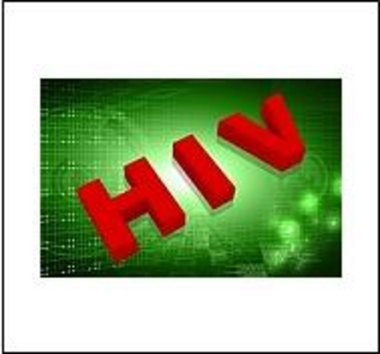Find the courage to talk about HIV

by Mary Turner
HIV/AIDS Columnist
Can we talk? You know, have a conversation. About HIV and how we can stop its spread. This is what the Centers for Disease Control (CDC) are encouraging us to do. HIV and AIDS seem like remote concepts to many people today.
This may be because you are too young to have experienced the early years of the disease when everyone pointed fingers and the government dismissed the issue as a “gay disease.” You know, those people that few people wanted to acknowledge and even fewer felt sympathy for. Except that it’s not about sexual orientation only, although the LGBTQ community is the hardest hit.
Some of you remember those early years of people dying alone under horrible conditions, but you probably think it isn’t an item any more. I mean, it isn’t in the news all the time and nobody really talks about it. But HIV quietly infects 50,000 people each year in the U. S. Abstinence is the only absolute way to prevent the spread of any sexually transmitted illness, but it isn’t realistic to expect everyone to practice abstinence. We are, by design, sexual beings. Our sexuality is an important part of who we are, and that has to be recognized and respected.
It’s uncomfortable, though, for many people to acknowledge their sexuality and to feel okay talking about it. So we don’t have the conversations that we need to have. We don’t want to talk about it. Those conversations, though, are vital to the health and well-being of ourselves and the people we love.
Anyone can become infected with HIV regardless of sexual orientation. Those in the LGBTQ community, especially gay and bi-sexual men are at the highest risk. Black and Hispanic men have a disproportionate risk, largely because the subject is taboo in those cultures.
People desperately cling to the outdated idea that what we don’t talk about can’t hurt us. It’s very important for parents to educate themselves about sexually transmitted illnesses, including HIV and to find the courage to talk to their children. It’s important for people to talk to their friends. It’s important for children to talk to their parents.
Controlling the spread of HIV doesn’t mean we have to stop having sex. It means we have to start having conversations. So, can we talk?
The Gayly – February 15, 2015 @ 10:15am.





